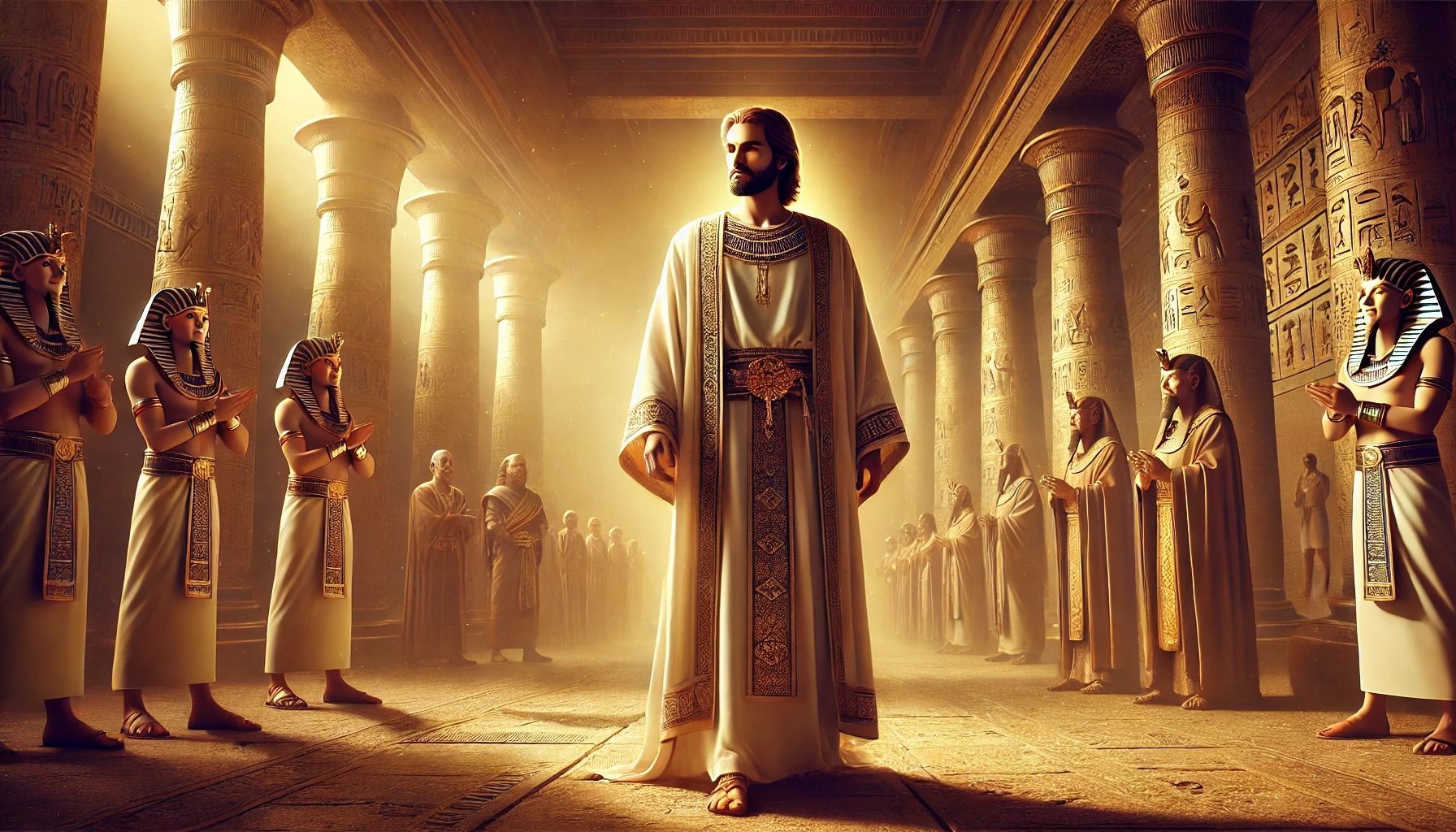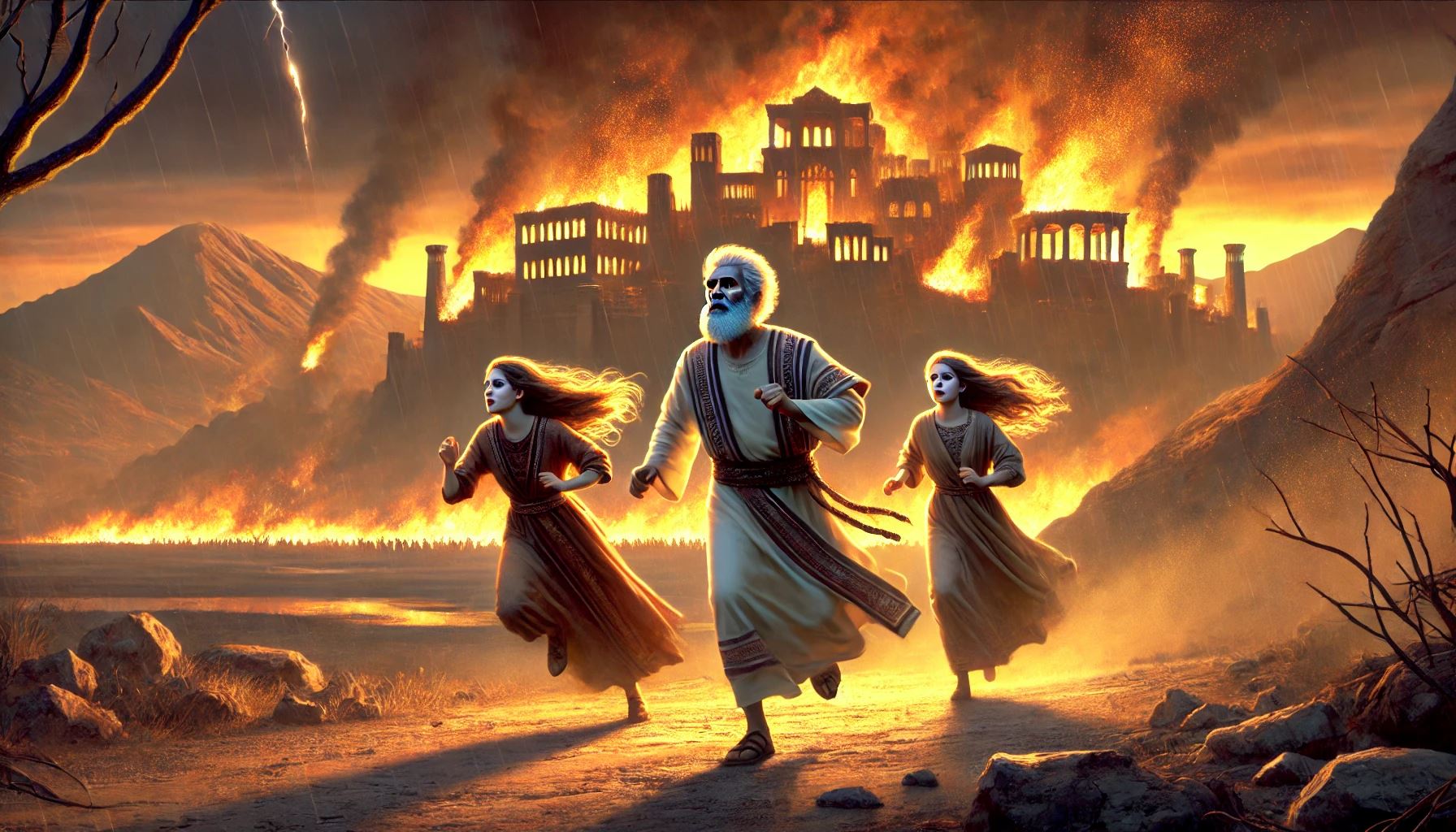 01.07.2025 | God’s Construction Site – and You Right in the Middle | HEART ANCHOR
01.07.2025 | God’s Construction Site – and You Right in the Middle | HEART ANCHOR
 How God invites you to be a coworker on His eternal building site
How God invites you to be a coworker on His eternal building site
 1 Corinthians 3:9
1 Corinthians 3:9
⸻
 Bible Text
Bible Text
“For we are God’s fellow workers; you are God’s field, God’s building.”
– 1 Corinthians 3:9
⸻
 Introduction
Introduction
Construction sites are everywhere: on roads, in buildings, in apps – or even within ourselves. A construction site means: something is happening. Things are being changed, shaped, created.
But have you ever thought that you yourself are a construction site – and at the same time, a coworker on God’s building project?
Paul writes to the church in Corinth that we are not only God’s property (His field, His building), but also His coworkers.
That’s huge.
God doesn’t need humans – but He wants to work with us.
He doesn’t just want to save you, He wants to shape with you.
You’re not a spectator – you’re part of the plan.
⸻
 Devotional: What does it mean to be God’s coworker?
Devotional: What does it mean to be God’s coworker?
In 1 Corinthians 3, Paul paints a picture: God is the builder, Jesus the foundation, and we are building with – through our lives, our choices, our dedication.
What we do plays a role in eternity.
 “God calls young people not merely to be spectators, but active coworkers in His great plan of redemption.”
“God calls young people not merely to be spectators, but active coworkers in His great plan of redemption.”
– Ellen G. White, Christ’s Object Lessons, p. 326
That means: You are needed.
Your faithfulness, your character, your love – all of these are building blocks in God’s plan.
And what you decide today might touch – even save – someone else’s life.
⸻
 Story – Joshua’s Hammer
Story – Joshua’s Hammer
Joshua was 17 when he started an internship during summer break with a Christian construction firm. They didn’t build skyscrapers, but renovated homes for families who couldn’t afford help.
He wasn’t thrilled. “I want to do media stuff,” he muttered. “Why do I have to stand on a construction site?”
On the third day, he was paired with an older worker – gray-haired, calm. The man handed him a hammer and said:
“Every strike can build a home – or destroy it. You decide how you use it.”
Joshua thought he just meant the wood. But as they worked on a house for a single mom with three children, he began to understand.
He saw how a simple children’s room was being restored – and with it, a sense of safety.
A window was replaced – and light finally entered.
A little girl told Joshua, “I can sleep again now, without fear.”
Joshua began to give his best.
On the last day, the old man said:
“You think you just hammered nails – but you helped build something that counts for eternity.”
⸻
 Reflection – What does it mean for you?
Reflection – What does it mean for you?
You are not a passive receiver, but an active builder.
God is building with you – not around you.
Your life is a construction site, yes – but with a divine blueprint.
You are invited to help shape what God is doing in this world.
⸻
 Action Steps for Today
Action Steps for Today
Where am I building?
– In my school, my church, my family?
What am I building right now?
– Words of hope? Acts of love? Or retreat and indifference?
What materials am I building with?
– Paul says: “Gold, silver, precious stones … or wood, hay, straw” (1 Cor. 3:12).
What are your building materials?
What is my foundation?
– No work will last unless Jesus Christ is the solid foundation.
⸻
 Prayer
Prayer
Lord, my God,
thank You that You not only saved me but also called me to work with You.
Help me realize that my life matters – that my choices, my words, and my time are part of Your great plan.
Let me build on Jesus – on His truth, His love, His grace.
Give me courage to take responsibility.
And when I feel weak, remind me:
You are the Master Builder – and I am a tool in Your hand.
Amen.

 Lesson 1: Oppression: The Background and the Birth of Moses
Lesson 1: Oppression: The Background and the Birth of Moses 1.2 The Historical Background
1.2 The Historical Background God’s Faithfulness in History: From Joseph’s Rise to Israel’s Oppression
God’s Faithfulness in History: From Joseph’s Rise to Israel’s Oppression Introduction
Introduction Bible Study
Bible Study Historical Overview
Historical Overview This span of time – about 400 years – is no forgotten detail, but a powerful witness to God’s patience and faithfulness across generations.
This span of time – about 400 years – is no forgotten detail, but a powerful witness to God’s patience and faithfulness across generations. Question: What was the key to Joseph’s remarkable success in Egypt despite such a difficult beginning? (Read Genesis 37:26–28 and Genesis 39:2,21)
Question: What was the key to Joseph’s remarkable success in Egypt despite such a difficult beginning? (Read Genesis 37:26–28 and Genesis 39:2,21) Joseph’s beginning was painful and unjust.
Joseph’s beginning was painful and unjust. In one sentence:
In one sentence: Application for Daily Life
Application for Daily Life Conclusion
Conclusion Thought of the Day
Thought of the Day Illustration – “Where No One Looks”
Illustration – “Where No One Looks” June 30, 2025
June 30, 2025 DAILY BIBLE READING
DAILY BIBLE READING Exodus 25 – The Sanctuary – God Dwells Among Us
Exodus 25 – The Sanctuary – God Dwells Among Us God’s Invitation to Fellowship and Holiness
God’s Invitation to Fellowship and Holiness Bible Text – Exodus 25 (KJV)
Bible Text – Exodus 25 (KJV) Introduction
Introduction Commentary
Commentary Summary
Summary Message for Us Today
Message for Us Today Reflection Questions
Reflection Questions What place does God have in my daily life?
What place does God have in my daily life? Am I ready to open my heart to His presence?
Am I ready to open my heart to His presence? What “offering” do I want to bring God freely – my time, my faith, my obedience?
What “offering” do I want to bring God freely – my time, my faith, my obedience?
 June 28 – July 05, 2025
June 28 – July 05, 2025 Reflection Question
Reflection Question 30.06.2025 | Handmade by God | HEART ANCHOR
30.06.2025 | Handmade by God | HEART ANCHOR You are wanted, created, and guided
You are wanted, created, and guided Psalm 119:73
Psalm 119:73 Introduction
Introduction Devotional
Devotional Story – The Unfinished Sculpture
Story – The Unfinished Sculpture Reflection – What Does This Mean for You?
Reflection – What Does This Mean for You? Action Steps for Today
Action Steps for Today Look in the mirror – and intentionally say this sentence: “God, you made me.”
Look in the mirror – and intentionally say this sentence: “God, you made me.” Prayer
Prayer
 Introduction
Introduction
 Lesson 1: Oppression: The Background and the Birth of Moses
Lesson 1: Oppression: The Background and the Birth of Moses 1.1 God’s People in Egypt
1.1 God’s People in Egypt From Blessing to Oppression: God’s People Under Foreign Rule
From Blessing to Oppression: God’s People Under Foreign Rule Bible Study – Exodus 1:1–11
Bible Study – Exodus 1:1–11 Good relationships and blessings should never be taken for granted.
Good relationships and blessings should never be taken for granted. Question 1: What key truth is found in Exodus 1:1–7?
Question 1: What key truth is found in Exodus 1:1–7? Application for Daily Life
Application for Daily Life Conclusion
Conclusion Thought of the Day
Thought of the Day Illustration– A New Exodus Story
Illustration– A New Exodus Story